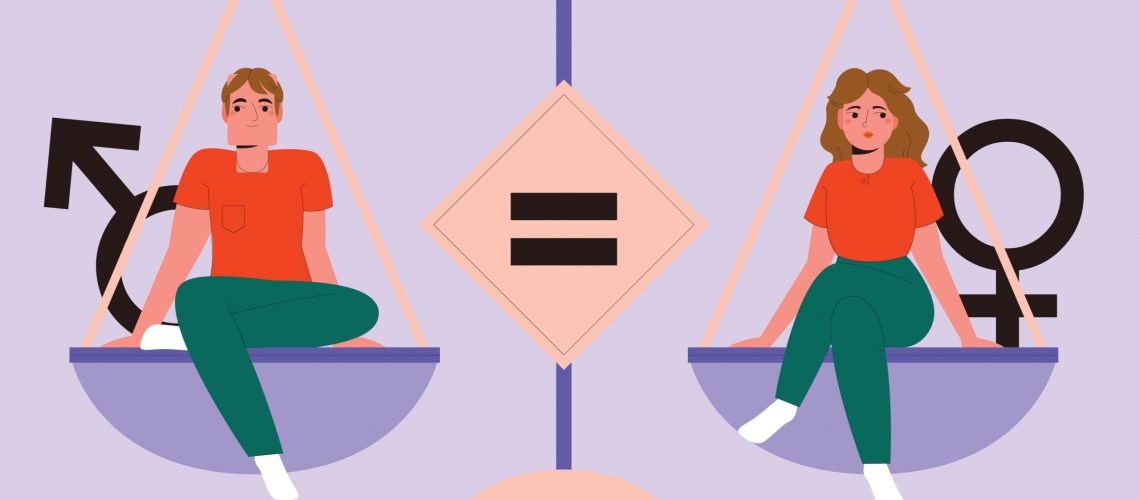Women make up only around 20% of the transport workforce and an even lower proportion of its management. Closing this gap is a crucial step in meeting sustainable mobility ambitions while pursuing wider gender parity goals. A new project being undertaken by the SUM4All Gender Working Group aims to address these issues.
While there have been some inspiring and innovative initiatives to address the current gender imbalance within the transport sector, and many private and public sector organisations are transforming their employment practices to accelerate change, there is still a long way to go. On 24 October, The European Institute for Gender Equality launched their Gender Equality Index 2022. Figures reveal that progress is incredibly slow, with a mere 0.6-point increase since last year’s edition. As a result, the EU average score now stands at 68.6 out of 100 points, which would indicate full equality, only 5.5 points higher than in 2010. Hence, targeted, effective action is required.
Women’s employment is a significant factor holding back progress. Balancing domestic and professional roles is having a significant impact: 40% of women compared to 21% of men spend at least 4 hours on a typical weekday caring for young children. This is a critical concern for the transport industry. As immediate concerns over the price of fuel, carbon neutrality goals and accessibility issues coincide, mobility finds itself at a crucial juncture, where gender-equal employment is no longer simply a human rights issue, or an ‘added benefit’, but a necessity for the sector’s prosperity. From freight to aviation, rail to maritime, and within the automotive sector, each mode faces unique challenges for creating gender equal employment. However, there are many shared issues, and progress requires international, cross sector action, building on others’ successful initiatives, learning from failures, and recognising the potential for advancement. Improved maternity leave, workplace cultures, education and training (including bias training) – and more – will be critical for creating a more gender-balanced workforce in transport.
As a result, the SUM4All Gender Working Group, a consortium of transport stakeholders working towards gender equality in the mobility sector, is undertaking a project that will examine the barriers and opportunities for improving gender balance across the transport industry. The SUM4All project seeks to produce a practical guide to, and toolkit for, the changes which need to be made to secure greater female participation in the sector, based on good practice examples from across the globe. It will review some of the legal and regulatory changes which have occurred in recent years and examine the potential for accelerating progress. The output will form a very practical support tool for national and regional policymakers, private sector stakeholders, regulators and other key planners and decision-makers in the field.
The project is looking for insights into the current global situation and examples of good practices which are being undertaken. It seeks to identify actions, projects and tools being implemented to enable more women to enter the transport sector, improve working conditions and support career advancement. The project invites you to share your insights in their survey here: SUM4ALL Gender Survey October 2022 (alchemer.com)


